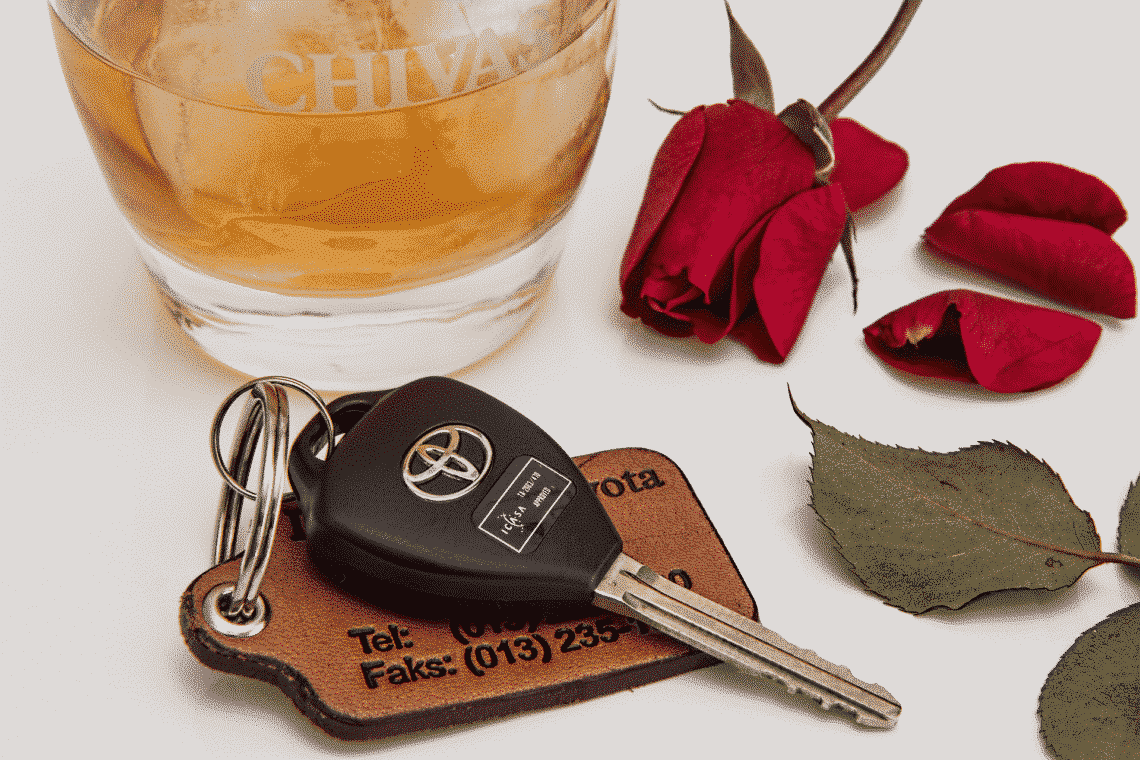
If you have been arrested for DWI in the state of Texas, being found guilty can come with some harsh consequences. However, even if you failed a breathalyzer test, that doesn’t make you guilty. For breathalyzer tests, there is an “acceptable margin or error.” Even if the machine is working properly, there might still be a way to poke holes in the prosecution’s case against you.
What Is a Breathalyzer?
Law enforcement has been using breathalyzers to test for DWI for over seventy years. It’s advantageous because it allows police to measure your blood alcohol concentration without a blood test. However, although it is more convenient than a blood test, it is not as reliable. Many controversies have begun to circle around the reliability of breathalyzer tests for several reasons.
What Affects the Acceptable Margin of Error?
There are many things that can lessen the validity of breathalyzer test results. In the state of Texas, law enforcement officials use a machine called the Intoxilyzer 5000. The Intoxilyzer 5000 relies on Henry’s Law of physics. This law is bound by temperature. The average person’s temperature is 98.6 degrees. But if you are tested and your temperature is above that threshold, it can affect the results.
Additionally, if the user has not cleaned the chamber of the breathalyzer properly, it can create contamination from one test to another. That can alter your results. A breathalyzer sends an alert when it needs maintenance. However, there is no standard of testing when the malfunction alert does not show. Most importantly, the acceptable margin of error for the Intoxilyzer is .01, plus or minus 10% of the reading. This means that you could test as having a BAC of .08 when it is actually lower.
How to Challenge the Results of Your Breathalyzer Test
If you are pulled over on suspicion of DWI in the state of Texas, you do have the right to refuse a breathalyzer test. However, if you choose to do so, you face an automatic suspension of your license and the potential of being found guilty of DWI. That is why most drivers choose to submit to a breathalyzer test. However, the breathalyzer model that Texas law enforcement uses is not as reliable as the public has been led to believe. Many factors can alter the results of your test. That is why challenging your results is a good idea, especially if you tested only slightly above the legal limit.
Even if you fail a breathalyzer test, that does not necessarily mean you are guilty. An attorney like Stephen T. Bowling can help argue your case using strategies including questioning the breathalyzer’s acceptable margin of error. Contact him today to build a winning DWI defense.
